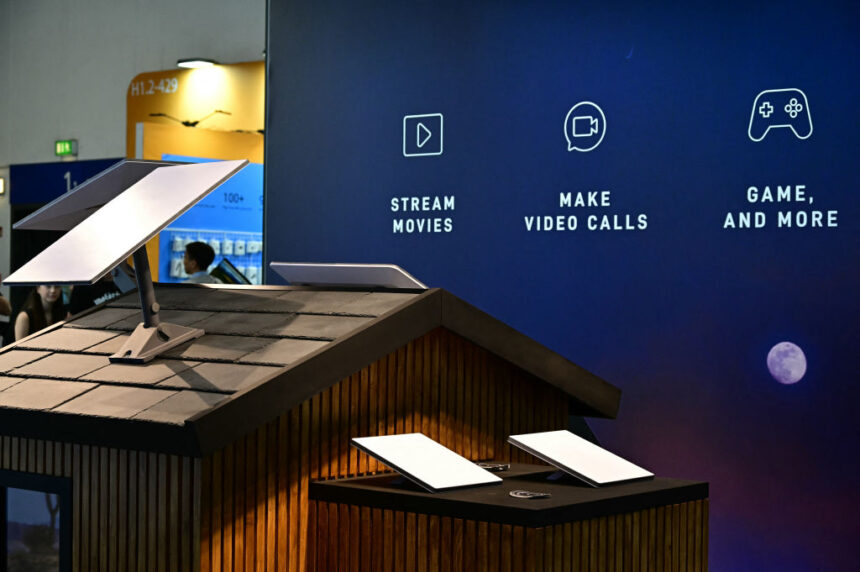The Commerce Commission states that achieving revenue of over $10 million comes with a bill for the Telecommunications Development Levy, as seen in the case of success.
Starlink, led by Elon Musk, has garnered over 37,000 customers in New Zealand for its satellite broadband service. This service provides internet access to remote locations such as homes, bachs (small holiday homes), boats, and even Air New Zealand planes.
With local revenue surpassing $10 million (US$6.01 million), Starlink is now required to contribute to the annual $12 million Telecommunications Development Levy.
This levy is collected from major telecommunications companies in New Zealand to support services like emergency calls and rural broadband initiatives. Starlink faces direct competition in this area, unlike other telcos that primarily operate in densely populated areas.
According to the Commerce Commission, Starlink generated $73.8 million in revenue in New Zealand between July 2023 and June 2024. As a result, its share of the levy amounts to $182,000.
Sky TV, which recently launched a broadband service serving 36,000 subscribers, has also been included for the first time. The Commission reports that Sky earned $52.4 million in revenue, leading to a contribution of $129,000.
In contrast, market leader Spark will pay $3.4 million on revenues of $1.3 billion, while One New Zealand (formerly Vodafone) is set to pay $2.7 million on earnings just over $1 billion.
Chorus, responsible for providing and maintaining the optic fiber for fixed broadband services, has advocated for increasing the levy back to $50 million. This would support a $2.5 billion expansion of Ultrafast Broadband (UFB) into rural areas. However, the government has not yet embraced this proposal.





